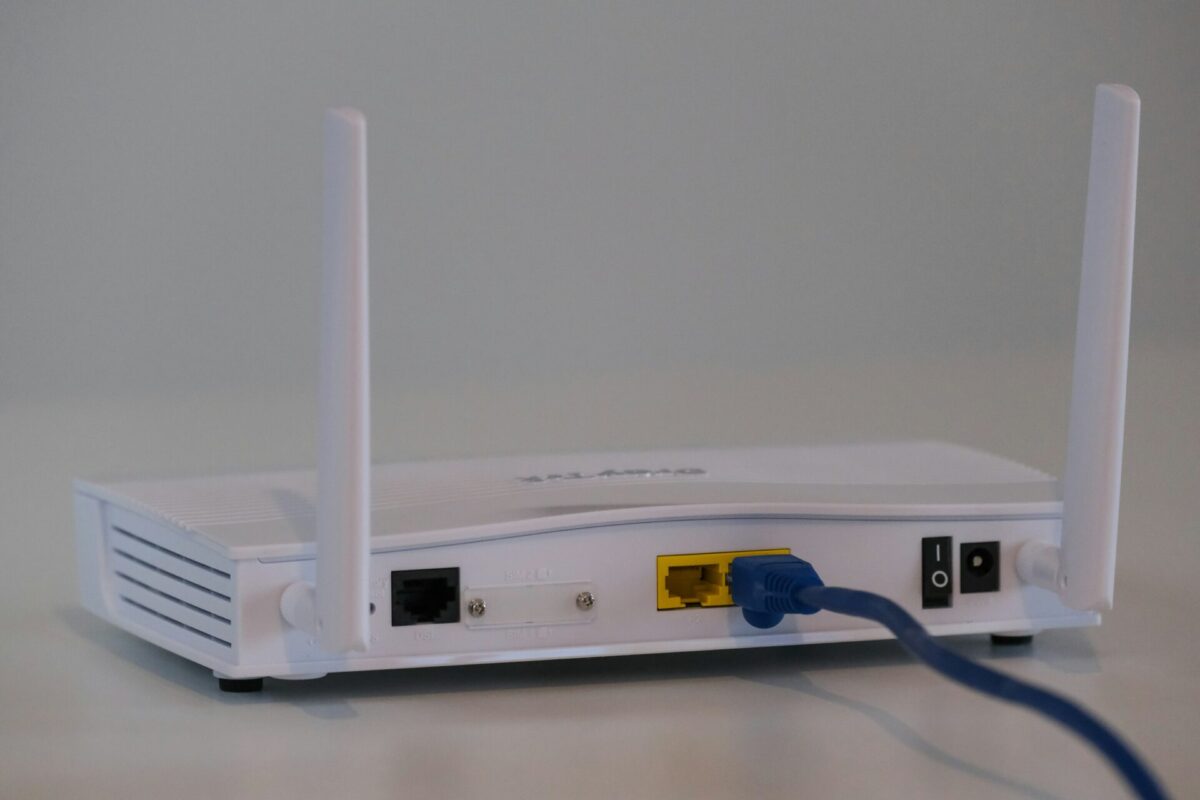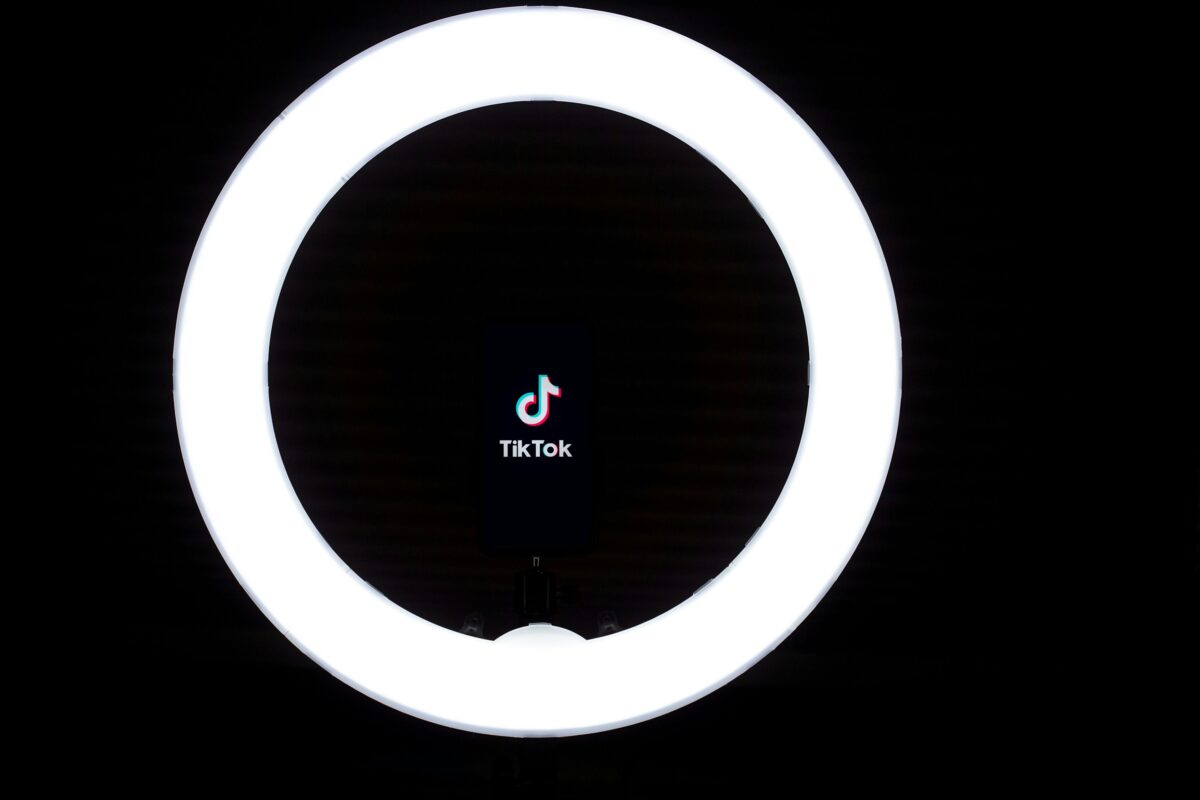Which Are the Best Wi-Fi Options for a Kenyan Home?
by Alex · February 17, 2024

Introducing the three best Wi-Fi options for a Kenyan home. For an average Kenyan, having a smartphone means needing around 2GB of data per day, or around 3GB per day if you also have a laptop.
This can be very expensive when using mobile data packages from Safaricom and Airtel service providers.
The best daily internet offer from Safaricom is 1GB for 100 ksh, while Airtel offers 2GB for the same price.
However, these data bundles are often insufficient for regular internet usage, leading many to opt for mobile apps that consume less data to save money.
To fully satisfy your internet needs, you would have to spend more than 300 ksh per day, totalling up to 9,000 ksh per month, which is comparable to paying rent and can be quite expensive and unaffordable for some individuals.
Keep in mind that these costs are based on the daily usage of a single person. For those with families or individuals with smart TVs that require internet connectivity, the costs can be even higher.
In such cases, opting for unlimited Wi-Fi or managing browsing habits becomes necessary.
For those who depend on online work that involves bulk downloads of software and other resources, there are various Wi-Fi options available for home use.
In local areas where Wi-Fi is not yet widely available, the only option is to use mobile data. However, Kenya is a growing country and is adopting the 5G network among some service providers, which may improve internet access in the future.
In developed areas, Wi-Fi is the preferred option for both home and business use.
Additionally, the Wi-Fi installation business has become popular among Kenyan university students’ hostels, as students require a lot of internet access for educational purposes, especially during research.

Here are the Wi-Fi options for a Kenyan home.
1. You can install fiber optic internet from local internet service providers.
There are many internet providers located all over the country, and the internet service provider (ISP) might vary from town to town and county to county.
They offer different packages and deals. On average, the 5Mbps package costs around 1500 ksh per month.
The good thing about these packages is that they are unlimited. Safaricom offers home fiber connection but only in specific areas as specified on their website.
You can use fiber optic internet without data restrictions for your smartphone, laptop, and smart TV. For first-time installation, most of these service providers require you to buy just a router, which costs around 2000 ksh, and the one-month package.
The total cost of first-time installation may range from 3500 to 5000 ksh. They partner with Kenya Power and Lighting Company (KPLC) to be allowed to use their electric poles to pass the fiber optic cables.
Advantages of fiber optic internet from local internet service providers:
- High Speeds: This means faster downloads and uploads, smoother streaming, and better overall internet performance.
- Reliability: Fiber internet is more reliable, with fewer outages or slowdowns. It is not affected by environmental conditions like wind or rainfall.
2. Installing a wireless Wi-Fi connection
For this, you need to be in an optimal location where the wireless device from the ISP location and the device from your home can connect.
The technicians will have to survey your location to know if you can receive the wireless internet connection. This one is a bit expensive since you must buy the wireless devices, which will cost over 10,000 ksh.
Most Kenyans tend to join forces with their neighbours when installing Wi-Fi. They might cost-share the internet and share or just sell the internet to them at around 1000ksh per month.
This can be considered the second choice when finding the best choice for installing Wi-Fi in a Kenyan home.
You can buy a Safaricom 4G or 5G Router.
For the 4G router, Safaricom’s cheapest offer is 140 GB at 3000 ksh. This means it’s like getting 5 GB of data bundles per day at 100 ksh.
This is much better than using mobile data bundles. However, for first-time installation, you will need to buy a router that costs 6000 ksh. For 5G routers, the introductory price is 400GB at 3500 ksh.
The 5G router is, however, quite expensive at 10,000 ksh. Safaricom is gradually adapting the 5G connectivity in Kenya.
Why is There a Need for a Reliable Wi-Fi Connection in Kenya
A reliable and efficient Wi-Fi connection is important in Kenyan homes due to the growing reliance on digital technologies. With the digitization of education, students require internet access for online learning and accessing educational resources.
Similarly, many Kenyans now work remotely or run online businesses, necessitating a stable connection for business activities and virtual meetings. Furthermore, internet access enables people to stay connected with friends and family through video calls, messaging, and apps.
Access to information is also facilitated, benefiting personal growth, research, and staying updated with current events. Additionally, the internet serves as a source of entertainment.
Moreover, e-commerce has seen significant growth, with many Kenyans relying on the Internet for shopping, banking, and accessing essential services, particularly in areas with limited physical access to stores.

What to Consider Before Installing Wi-Fi in a Kenyan Home
When assessing your Wi-Fi needs for your home, it’s important to consider several factors to ensure a reliable and efficient internet connection.
Firstly, take into account the number of devices that will be connected to the Wi-Fi network, as each device requires bandwidth. Laptops and smart TVs consume a lot of bandwidth.
Additionally, consider the size and layout of your home, as larger homes or those with multiple floors may require additional access points or extenders for full coverage.
Your internet usage patterns, such as streaming videos or online gaming, will also impact the amount of bandwidth you need.
Furthermore, assess the available internet service provider (ISP) options in your area, comparing factors like speeds, pricing, and reliability to choose the best one for your needs.
Finally, estimate the required internet speed based on the number of users and their activities, ensuring you have enough bandwidth for smooth connectivity. For a Kenyan House around 10Mbps is enough for basic browsing.

















